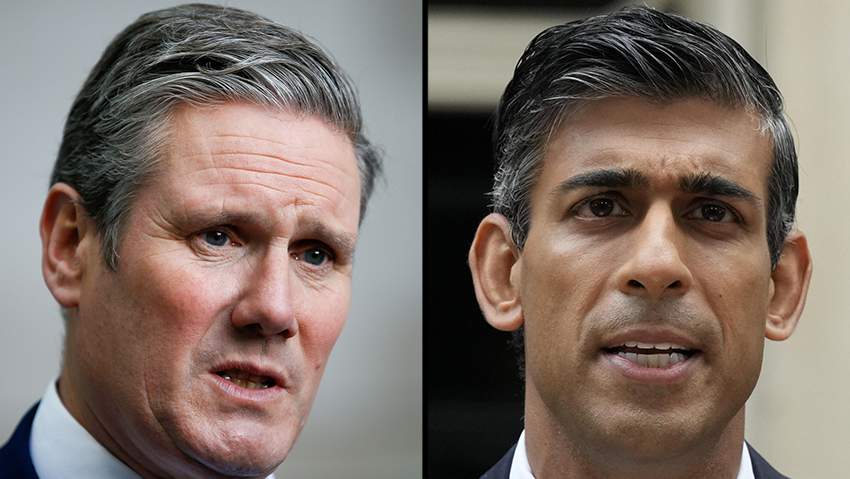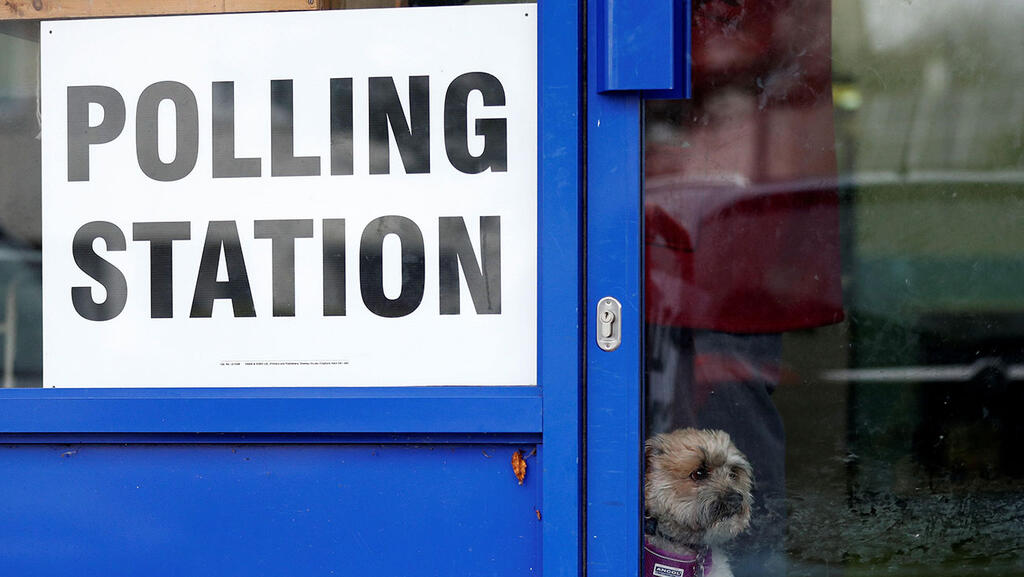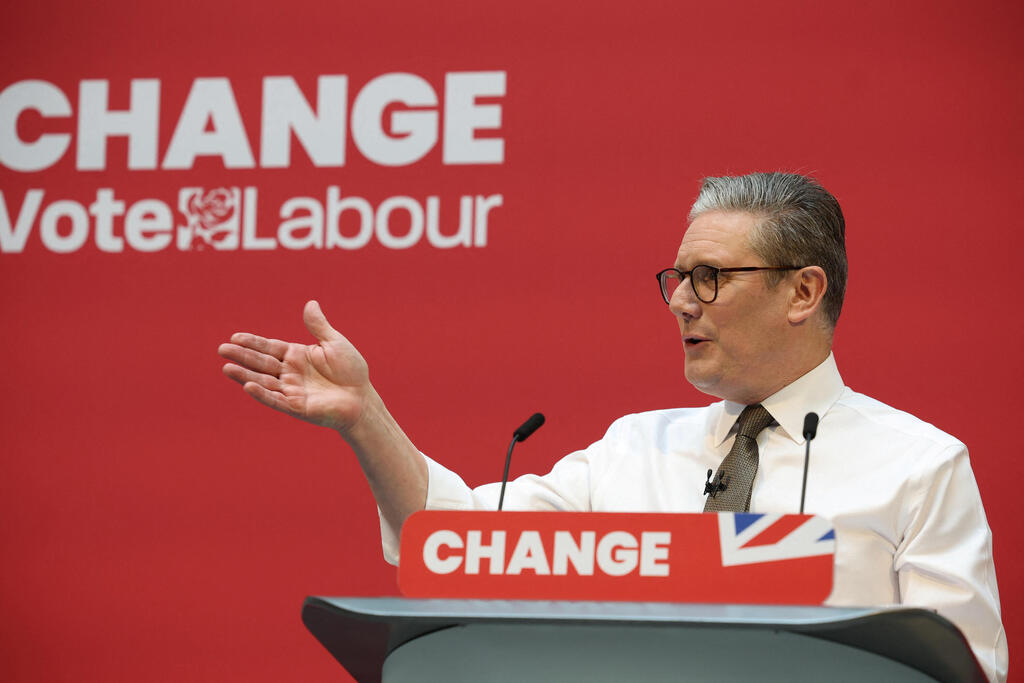Getting your Trinity Audio player ready...
Less than three weeks before the UK general election, the Labour Party is poised to end the Conservative Party's 14-year reign, but internal concerns are rising about the impact of the Gaza war on the final results. Labour officials are focusing on 13 parliamentary seats with significant Muslim populations, fearing backlash over the party’s stance on Israel.
The Guardian reported on Sunday that while Labour’s campaign is largely aimed at winning seats held by the Conservatives and the Scottish National Party, party leaders have recently directed campaigners to intensify efforts in constituencies with substantial Muslim electorates. These 13 seats, where at least a fifth of the voters are Muslim, are crucial for Labour.
The UK election is set for July 4, and polls have long indicated a landslide victory for Labour. A YouGov poll published two weeks ago predicted Labour would secure 422 out of 650 seats in the House of Commons, reducing the Conservatives, who have governed since 2010, to just 140 seats. In comparison, Labour won 202 seats in the previous election, while the Conservatives secured 365.
If these predictions materialize, Labour would not only achieve its largest-ever seat count, but the Conservatives would suffer their worst defeat in over a century, their biggest loss since winning only 131 seats in the 1906 election. The poll also suggests Labour would have an overwhelming majority of 194 seats (422 for Labour versus 228 for all other parties combined), the largest parliamentary majority since Stanley Baldwin led the Conservatives to a 208-seat majority in 1924. This victory would surpass even Tony Blair’s 1997 triumph, where Labour secured a 179-seat majority.
As the election approaches, Labour is striving to maximize its chances of a historic win, but sentiments within some Muslim communities, influenced by the Israel-Hamas war, are causing concern. After the October 7 terrorist attack and amidst Israel’s actions in Gaza, Labour leader Keir Starmer, likely the next Prime Minister, affirmed Israel’s right to self-defense and hesitated to call for a cease-fire. He eventually supported the cease-fire call, but only with the condition of the hostages’ return. This stance has been met with strong opposition from radical left-wing elements and Muslims within his party.
The Guardian notes that Labour’s concerns about Muslim votes stem from a decline in Muslim voter turnout in May’s local elections and the victory of far-left candidate George Galloway in a Rochdale by-election earlier this year. Galloway, an outspoken critic of Israel and former Labour member, has a history of extreme pro-Palestinian rhetoric.
Labour’s website now invites supporters to enter their addresses to receive recommendations on three constituencies where their campaign efforts could make a significant impact. The Guardian explains that in England alone, there are 28 constituencies where Muslims constitute at least a fifth of the electorate, and Labour won nearly all of them in the 2019 election. Campaigners are being urged to focus on the 13 most vulnerable seats, including those in Birmingham, Luton, and Bradford.
Despite Labour’s worries about Muslim voter behavior, a Savanta poll conducted last week for a Muslim website found that 63% of Muslims still plan to vote for Labour, a figure largely unchanged since last fall. The top three issues for Muslim voters are healthcare, the cost of living, and the economy. However, one in five Muslims stated that the Gaza war is their top issue, and 44% ranked it among their top five concerns.
Among those who consider Gaza their most important issue, 86% said they would consider voting for an independent pro-Palestinian candidate over Labour. By contrast, only 3% of the overall British electorate ranked the Gaza war as their most important issue, and only 12% included it in their top five concerns, according to the Guardian.




